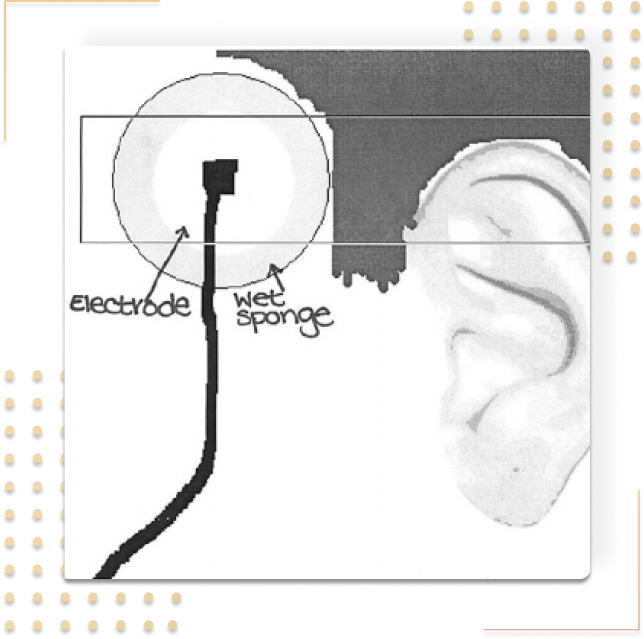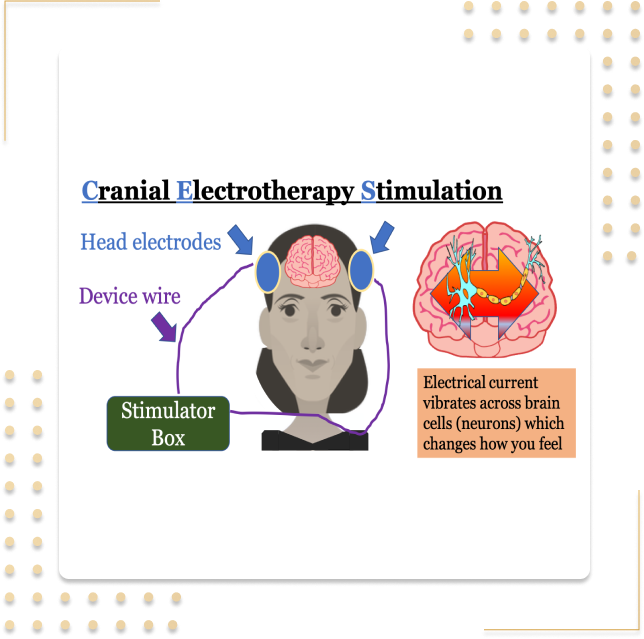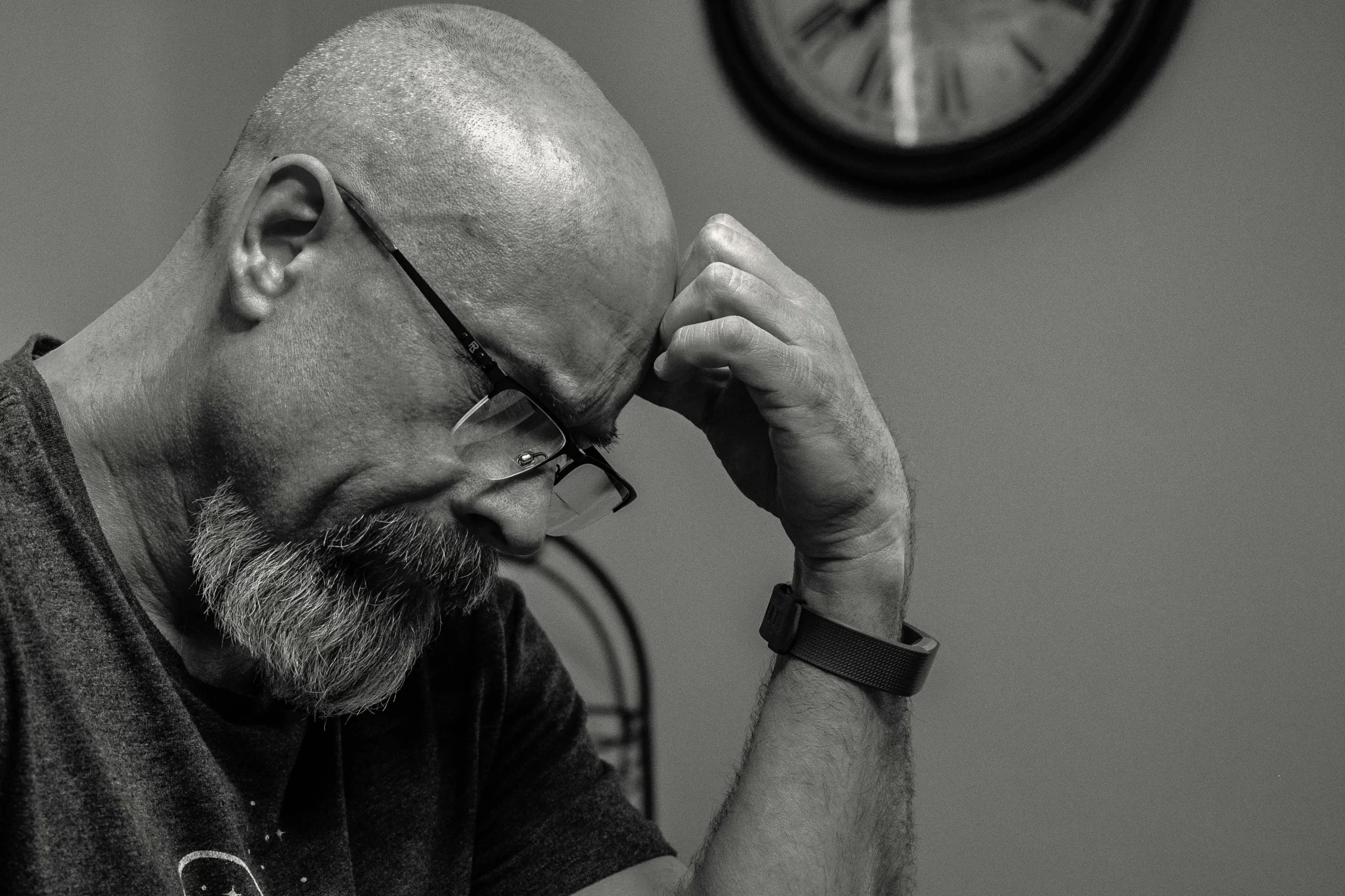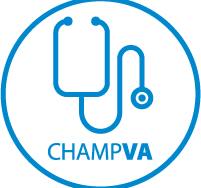
What is the Best Pain Relief for Degenerative Disc Disease?
Degenerative disc disease (DDD) can be a real pain in the back – literally. As we age, those cushions between our spine’s vertebrae can start to wear down, leading to discomfort and limited mobility. Finding effective pain relief options is crucial for managing

















